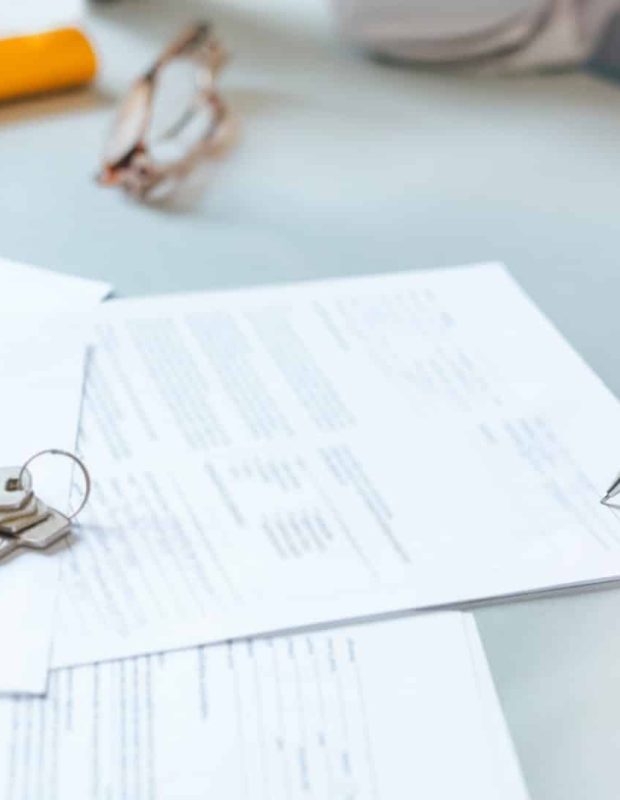
Pearl Lemon Legal can help you ensure that your home remains your home.
The value and security of your home are impacted by both leasehold and freehold issues. Our team at Pearl Lemon Legal has the knowledge and skill to handle your leasehold and freehold issues and make certain that your investment is adequately safeguarded, both for you as its current occupant and for future generations.
The two primary types of homeownership in the UK are freehold and leasehold. Before you proceed with a home purchase, it’s crucial to understand the differences between the two because they have quite distinct expenses and obligations.
When you own a home on a freehold basis, you also own the land that the building is built on. You are in charge of maintaining the entire property, including the building’s exterior walls and roof, as well as your personal belongings within.
So long as you get all required planning clearance from the local council, you are free to make any structural improvements to the house, such as constructing an addition.
Freehold and leasehold have several key differences. If you buy a leasehold property, for a predetermined time, you essentially lease ownership of a property. This often lasts for a very long time, it could last anywhere from 40 to 999 years. But as a general rule, this is typically 90 or 120 years.


With the freeholder of your property, you will have a contract that outlines all of your obligations. You’ll probably have to pay a set amount each year, like ground rent, and you’ll have to contribute to maintenance and service fees as well.
Generally, you must obtain the freeholder’s approval before making any significant improvements to the land, and there may be restrictions on things like keeping pets.
The freeholder will again become the sole owner of the property once the lease expires.
Although apartments and flats typically fall within the leasehold category, this has not always been the case. Over the years, a number of newly constructed homes have been sold on leaseholds, which is a common arrangement for older buildings in England, Wales, and Northern Ireland.
However, the UK government outlawed this practise in 2019 and mandated that all newly constructed properties be sold as freeholds. Nevertheless, many property owners remain leaseholders, rather than freeholders of their home.
As freehold solicitors, Pearl Lemon Legal’s team have extensive knowledge of freehold and leasehold issues in the UK, and can serve clients in a number of ways within this often complex sector of property law.
Whether occupying a house or a flat, many clients have benefited from the expertise of our specialised freehold solicitors in acquiring the freehold. We can help both individual homeowners and communities of flat owners (collective enfranchisement) in making the process of doing so as simple and efficient as possible.
With a house, you would be required to purchase the entire freehold, but with a flat, you purchase a portion of the freehold. There are prerequisites that must be satisfied in each case in order to be eligible to purchase the freehold, including but not restricted to:
The initial law defining this was first established in 1967, and it has since been modified and expanded numerous times. It was intended that more reforms would be made in 2019 to enable the 4 million people who currently own leasehold properties to buy the freehold if they so desired.
It was agreed that navigating the present legal system can be challenging and complicated. However, for a variety of reasons, the legislation hasn’t been changed further as originally planned, therefore it’s critical that you contact our knowledgeable freehold solicitors for expert assistance if you’re thinking about buying the freehold to your home.


When the leasehold tenure on your property expires, if it was sold to you with a leasehold tenure, ownership of your property will revert to the freeholder, who is typically the person or business who built the property. If your property is leasehold, you might want to think about buying the freehold from the freeholder.
Banks and building societies typically turn down mortgage applications from people looking to purchase a leasehold property with less than 50 years left on the lease. The value of the property will be significantly reduced unless you purchase the freehold from the owner if you are in this scenario and wish to sell your house. This is because it is unlikely that anyone looking to buy your property would be able to do so, unless they are paying in cash.
We have a lot of expertise as freehold solicitors moving the freehold reversion process along swiftly and effectively since we are aware that time is of the essence when clients have a buyer lined up.
The process of dealing with extensions and enfranchisements always requires competent legal counsel because managing the process incorrectly can prove expensive, regardless of whether you live in a freehold property or are its landlord.
If you occupy a property but do not own the freehold, you might want to extend it to safeguard your investment and raise the property’s selling value. In most cases, you have the option to extend your lease for an additional 90 years after occupying a property for two years or longer, but the process of doing so correctly can be confusing and complex. However, working with Pearl Lemon Legal’s team of expert freehold solicitors will ensure that it is not.


The leasehold and freehold laws can be as complex – and often perplexing – for landlords and freeholders as they are for occupiers. Our expert freehold solicitors can assist landlords in navigating what can be complex negotiations for the sale of freeholds or for issues related to the terms between leaseholders and freeholders in regard to restrictions (for example, a leaseholder who wishes to make extensive renovations to a home that the freeholder is unsure about.)
The Pearl Lemon Legal Difference
Our team of knowledgeable, compassionate freehold solicitors handles all facets of leasehold and freehold property ownership and may assist you if:
Whatever your freehold concerns, contact us today to discuss how our expert freehold solicitors can help you.
Disclaimer: Pearllemonlegal.com is not a law firm. We provide consultancy services and help in referring to qualified attorneys. Legal decisions should be made with a licensed lawyer.
Copyright ©2024. All Rights Reserved | Company Number: 10411490 | VAT Number: 252 7124 23